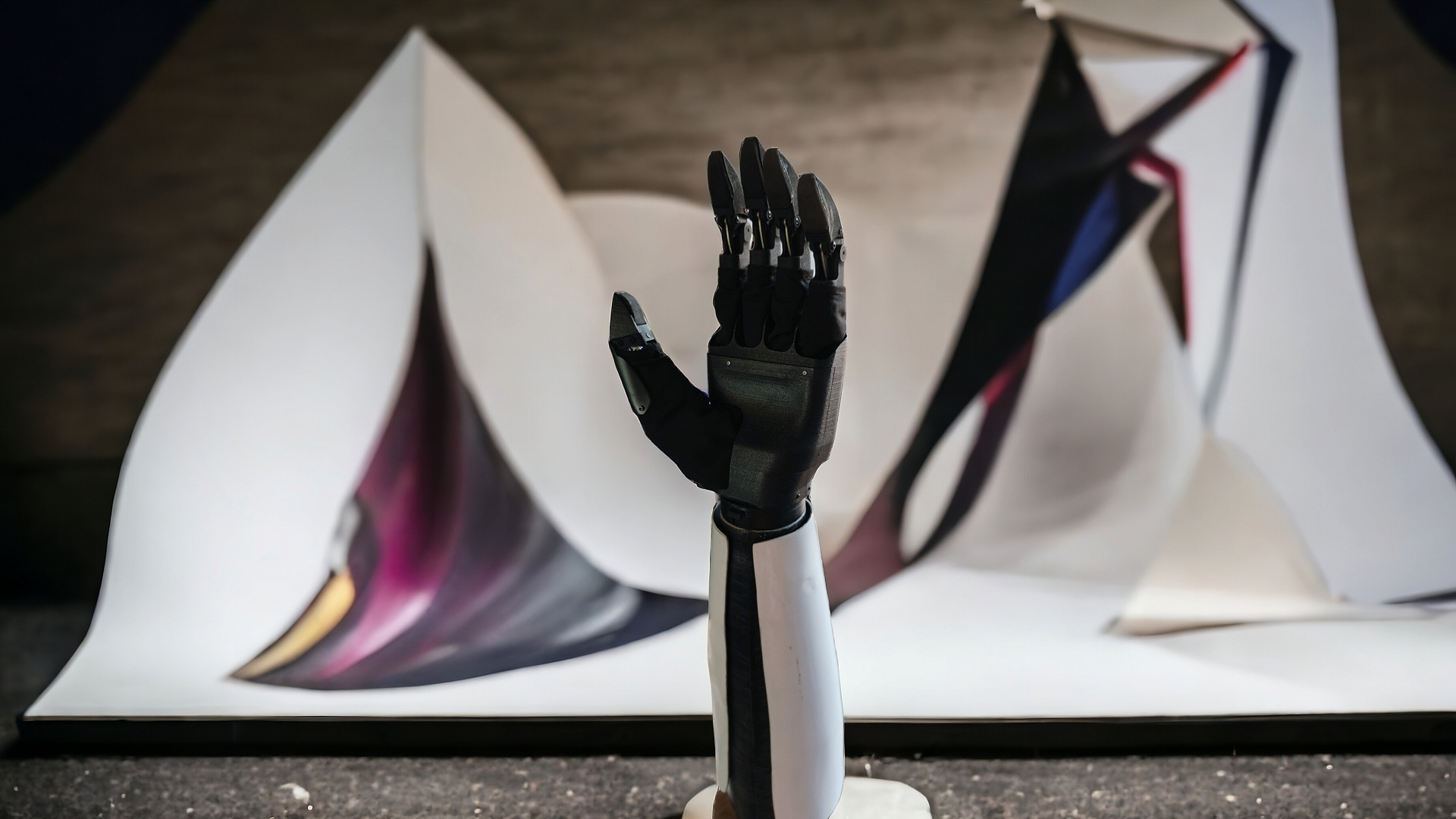
17 Aug, 2025
India has made significant strides in recognizing the rights of persons with disabilities through legislation like the Rights of Persons with Disabilities Act, 2016. However, the implementation of these laws often falls short, leaving many facing legal struggles, especially when it comes to access to prosthetics, healthcare, education, and employment.
This blog explores the key legal challenges faced by people with disabilities in India and practical ways to overcome them, especially in the context of accessing prosthetic limbs and assistive technologies like those provided by Bendita Bionics.
1. Lack of Awareness About Disability Rights
Despite having legal protections, many individuals with disabilities are unaware of their rights under Indian law. This includes the right to:
Solution:
Legal literacy campaigns and community outreach are crucial.
NGOs and healthcare providers can play a key role in spreading awareness about the right to prosthetics, financial aid schemes, and inclusive infrastructure.
2. Inadequate Access to Quality Prosthetics
While there are advanced bionic limbs and artificial limbs
available in urban centers, access in rural and semi-urban areas is limited. Many people with amputations remain without functional prosthetic devices due to lack of infrastructure, funding, or awareness.
Solution:
Organizations like Bendita Bionics are closing the gap by offering affordable, high-quality prosthetic limbs in India. Their mission aligns with legal mandates for inclusive healthcare and accessibility. Government partnerships with such companies can improve outreach and funding.
3. Challenges in Government Schemes and Disability Certification
Many people struggle to access disability benefits or get the required disability certificate, which is mandatory to claim benefits like free prosthetic limbs, travel concessions, and educational scholarships.
Solution:
Simplifying the certification process and digitizing access can streamline benefits. Legal reforms must ensure that people with limb loss or amputations can easily access the prosthetics and support systems they need.
4. Employment Discrimination Against People with Disabilities
Despite the RPWD Act mandating reservation in jobs and reasonable accommodations, many employers are unaware or non-compliant. People with prosthetic limbs are often wrongly assumed to be less capable.
Solution:
Stronger enforcement of employment laws and showcasing the capabilities of those using advanced prosthetic technology (like bionic arms and legs) can reduce bias. Skill development programs specifically for prosthetic users can also boost employability.
5. Inaccessible Public Spaces and Transportation
Indian law mandates barrier-free access, but real-world infrastructure remains largely inaccessible, making it difficult for prosthetic users to navigate public spaces independently.
Solution:
Urban planning must align with universal design principles, ensuring accessibility for prosthetic limb users. Legal action and public pressure can push for more disability-friendly transport systems and building codes.
Empowering Prosthetic Users Through Technology and Rights
With innovations from companies like Bendita Bionics, India is seeing a rise in advanced bionic limbs that offer greater functionality and comfort. However, unless legal barriers are addressed and public support systems improved, adoption will remain slow.
Conclusion
The legal rights of people with disabilities in India are well-established on paper but face major implementation challenges. From access to prosthetic limbs to fighting employment discrimination, change is needed at both policy and grassroots levels.
By raising awareness, enforcing disability law, and promoting inclusive tech solutions like from Bendita Bionics, we can create a society where people with disabilities not only survive but thrive.
Click to Close